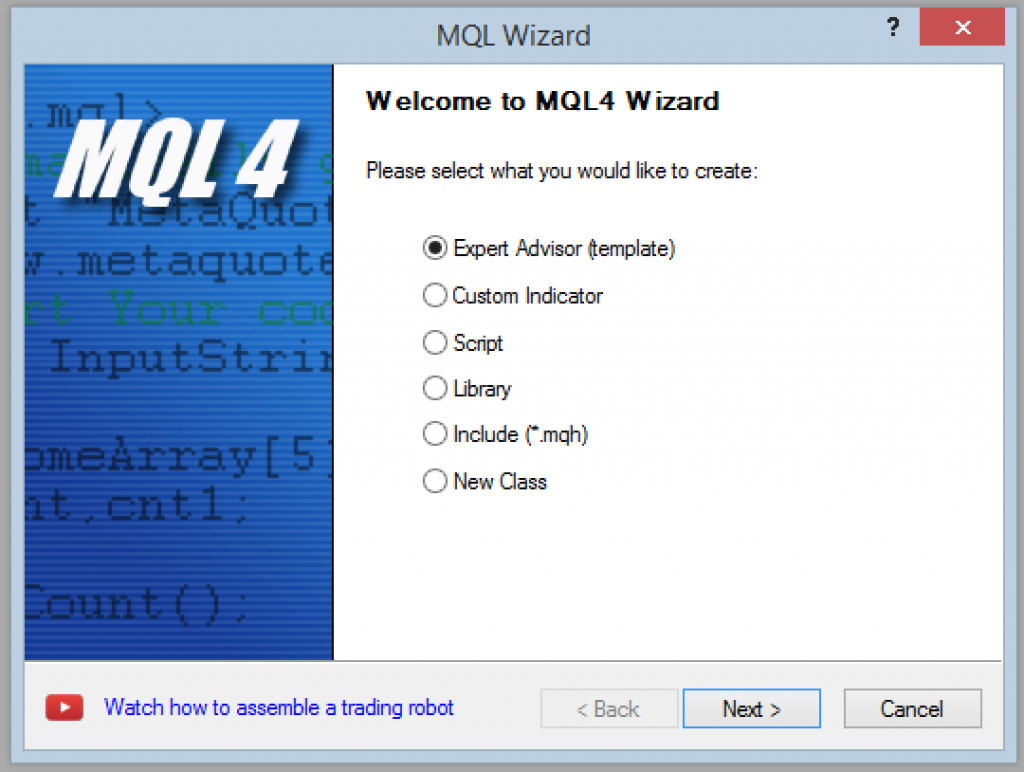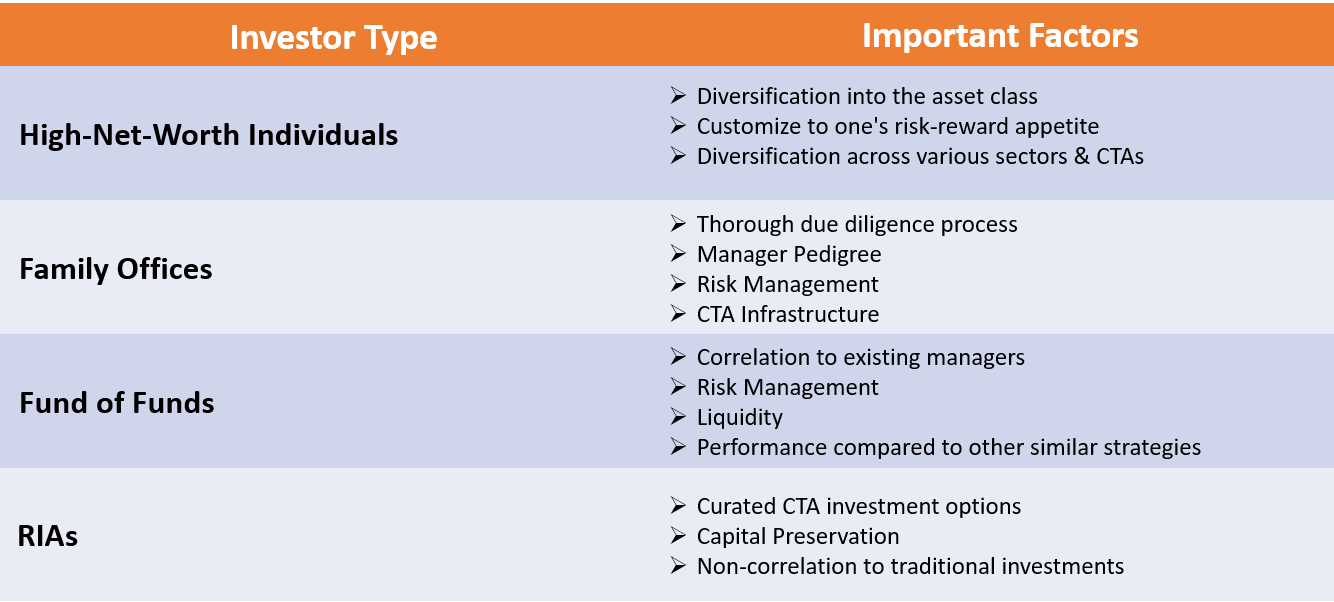
When comparing CDs and bonds, it is important to understand how each will react to rising interest rates. In general, bonds have lower yields as interest rates rise. CDs suffer the opposite. The truth is that investors' bonds will lose face value if interest rates increase. Investors would then have to sell the bonds on the secondary marketplace for less than what they are worth. However, a CD will still earn its agreed-upon income and will eventually be worth its entire face value.
CDs' annual percentage yields are higher that savings account rates.
CDs generally offer better interest rates and are cheaper than savings accounts. CDs might offer higher interest rates than money market accounts. A six-month CD with less than $100,000 in balance is currently earning 0.10% APY. CDs offer lower annual percentage yields that savings accounts, however they offer higher rates of interest. CDs can be more stable than savings accounts because they don't change while an account is open. CDs are FDIC-insured up to the same $250,000 limit as other bank accounts.

They offer higher rates of return
High-yield Bonds, on the contrary, offer higher rates and return. These bonds have lower investment grades but still offer higher returns than government bonds. These bonds offer more security than stocks, and are therefore safer to invest. While they are less risky than stocks, they also have higher credit risk. Stocks are safer than high-yield bonds, but they may provide higher returns. There is no single way to tell which is the safer option.
They are generally less volatile than bonds
CDs have many advantages, but they are also less volatile than bonds. For starters, CDs do not incur trade transaction costs. CDs can be sold before maturity, and unlike bonds, where they must be paid in full at their expiration date. Investors have the option to purchase new CDs every 5-10 year, which ensures that retirement money stays in the same account. Bonds are a great option for long-term investors, as they offer income generation and diversification.
They are taxed as ordinary income
Interest earned on CDs and bonds is taxable as ordinary income on the federal and state levels. The capital gains rate for stocks and bonds does not apply to interest on CDs or bonds. However, it is lower than the rate of tax on interest earned from bonds and stocks. This is why CDs or bonds are treated as ordinary income. However, investors must remember that the tax treatment on interest earned on CDs/bonds varies.

They are a low risk investment
CDs might be the right investment for you if your goal is to have a low risk investment. These certificates of deposit earn a fixed rate of interest and typically have a certain withdrawal date. They are also backed up to $250,000 by the Federal Deposit Insurance Corporation. And they're guaranteed by the Federal Reserve System, making them a safe option for many investors. However, there are some caveats.
FAQ
Who can trade on the stock market?
Everyone. There are many differences in the world. Some people have more knowledge and skills than others. They should be recognized for their efforts.
However, there are other factors that can determine whether or not a person succeeds in trading stocks. For example, if you don't know how to read financial reports, you won't be able to make any decisions based on them.
You need to know how to read these reports. You need to know what each number means. You should be able understand and interpret each number correctly.
This will allow you to identify trends and patterns in data. This will help to determine when you should buy or sell shares.
And if you're lucky enough, you might become rich from doing this.
How does the stock markets work?
Shares of stock are a way to acquire ownership rights. The company has some rights that a shareholder can exercise. He/she can vote on major policies and resolutions. The company can be sued for damages. And he/she can sue the company for breach of contract.
A company cannot issue more shares that its total assets minus liabilities. It is known as capital adequacy.
A company that has a high capital ratio is considered safe. Companies with low capital adequacy ratios are considered risky investments.
What's the difference between a broker or a financial advisor?
Brokers specialize in helping people and businesses sell and buy stocks and other securities. They handle all paperwork.
Financial advisors are specialists in personal finance. They are experts in helping clients plan for retirement, prepare and meet financial goals.
Financial advisors can be employed by banks, financial companies, and other institutions. You can also find them working independently as professionals who charge a fee.
It is a good idea to take courses in marketing, accounting and finance if your goal is to make a career out of the financial services industry. You'll also need to know about the different types of investments available.
What is the distinction between marketable and not-marketable securities
Non-marketable securities are less liquid, have lower trading volumes and incur higher transaction costs. Marketable securities, however, can be traded on an exchange and offer greater liquidity and trading volume. They also offer better price discovery mechanisms as they trade at all times. However, there are many exceptions to this rule. Some mutual funds, for example, are restricted to institutional investors only and cannot trade on the public markets.
Marketable securities are more risky than non-marketable securities. They generally have lower yields, and require greater initial capital deposits. Marketable securities are typically safer and easier to handle than nonmarketable ones.
For example, a bond issued by a large corporation has a much higher chance of repaying than a bond issued by a small business. The reason for this is that the former might have a strong balance, while those issued by smaller businesses may not.
Because they can make higher portfolio returns, investment companies prefer to hold marketable securities.
How are securities traded
The stock market lets investors purchase shares of companies for cash. In order to raise capital, companies will issue shares. Investors then purchase them. Investors then resell these shares to the company when they want to gain from the company's assets.
Supply and demand are the main factors that determine the price of stocks on an open market. The price goes up when there are fewer sellers than buyers. Prices fall when there are many buyers.
There are two ways to trade stocks.
-
Directly from the company
-
Through a broker
Statistics
- Even if you find talent for trading stocks, allocating more than 10% of your portfolio to an individual stock can expose your savings to too much volatility. (nerdwallet.com)
- For instance, an individual or entity that owns 100,000 shares of a company with one million outstanding shares would have a 10% ownership stake. (investopedia.com)
- The S&P 500 has grown about 10.5% per year since its establishment in the 1920s. (investopedia.com)
- Ratchet down that 10% if you don't yet have a healthy emergency fund and 10% to 15% of your income funneled into a retirement savings account. (nerdwallet.com)
External Links
How To
How to open a Trading Account
First, open a brokerage account. There are many brokers available, each offering different services. There are some that charge fees, while others don't. The most popular brokerages include Etrade, TD Ameritrade, Fidelity, Schwab, Scottrade, Interactive Brokers, etc.
Once you've opened your account, you need to decide which type of account you want to open. You should choose one of these options:
-
Individual Retirement Accounts (IRAs).
-
Roth Individual Retirement Accounts
-
401(k)s
-
403(b)s
-
SIMPLE IRAs
-
SEP IRAs
-
SIMPLE 401K
Each option offers different benefits. IRA accounts offer tax advantages, but they require more paperwork than the other options. Roth IRAs give investors the ability to deduct contributions from taxable income, but they cannot be used for withdrawals. SIMPLE IRAs have SEP IRAs. However, they can also be funded by employer matching dollars. SIMPLE IRAs have a simple setup and are easy to maintain. They allow employees to contribute pre-tax dollars and receive matching contributions from employers.
You must decide how much you are willing to invest. This is also known as your first deposit. Most brokers will give you a range of deposits based on your desired return. A range of deposits could be offered, for example, $5,000-$10,000, depending on your rate of return. The lower end of this range represents a conservative approach, and the upper end represents a risky approach.
After deciding on the type of account you want, you need to decide how much money you want to be invested. There are minimum investment amounts for each broker. These minimum amounts can vary from broker to broker, so make sure you check with each one.
Once you have decided on the type of account you would like and how much money you wish to invest, it is time to choose a broker. Before you choose a broker, consider the following:
-
Fees - Be sure to understand and be reasonable with the fees. Many brokers will offer rebates or free trades as a way to hide their fees. However, many brokers increase their fees after your first trade. Be cautious of brokers who try to scam you into paying additional fees.
-
Customer service – Look for customer service representatives that are knowledgeable about the products they sell and can answer your questions quickly.
-
Security - Select a broker with multi-signature technology for two-factor authentication.
-
Mobile apps: Check to see whether the broker offers mobile applications that allow you access your portfolio via your smartphone.
-
Social media presence – Find out if your broker is active on social media. It may be time to move on if they don’t.
-
Technology – Does the broker use cutting edge technology? Is the trading platform easy to use? Are there any problems with the trading platform?
Once you have decided on a broker, it is time to open an account. Some brokers offer free trials. Other brokers charge a small fee for you to get started. Once you sign up, confirm your email address, telephone number, and password. Next, you'll have to give personal information such your name, date and social security numbers. The last step is to provide proof of identification in order to confirm your identity.
After you have been verified, you will start receiving emails from your brokerage firm. It's important to read these emails carefully because they contain important information about your account. You'll find information about which assets you can purchase and sell, as well as the types of transactions and fees. Also, keep track of any special promotions that your broker sends out. These may include contests or referral bonuses.
The next step is to create an online bank account. An online account is typically opened via a third-party site like TradeStation and Interactive Brokers. Both of these websites are great for beginners. When opening an account, you'll typically need to provide your full name, address, phone number, email address, and other identifying information. After this information has been submitted, you will be given an activation number. This code will allow you to log in to your account and complete the process.
You can now start investing once you have opened an account!